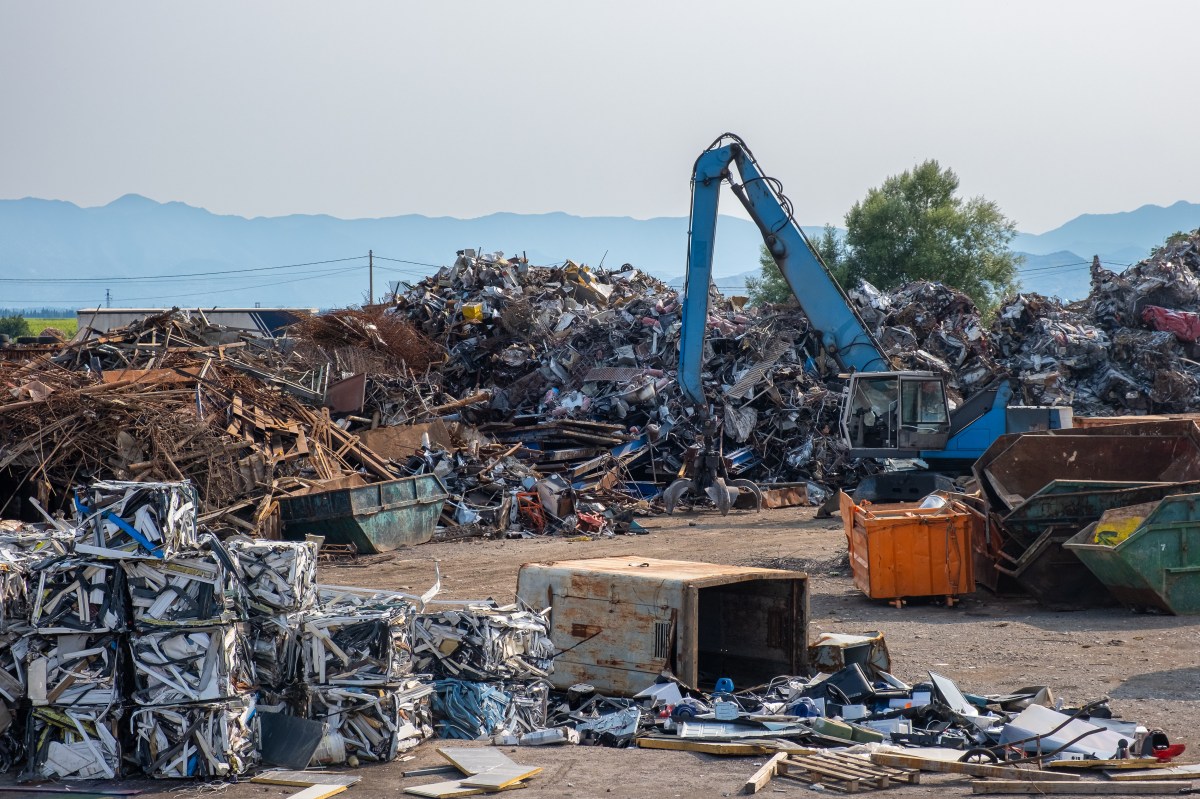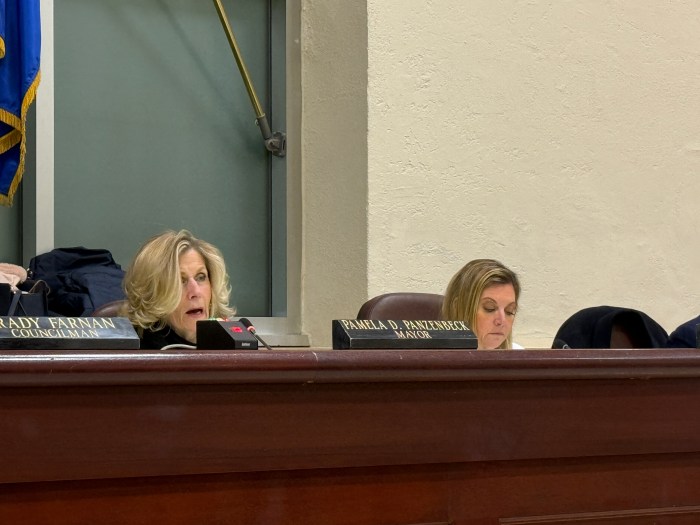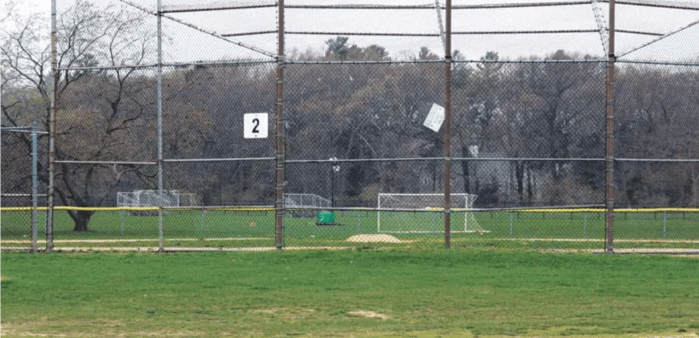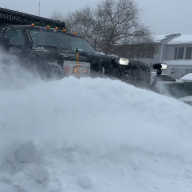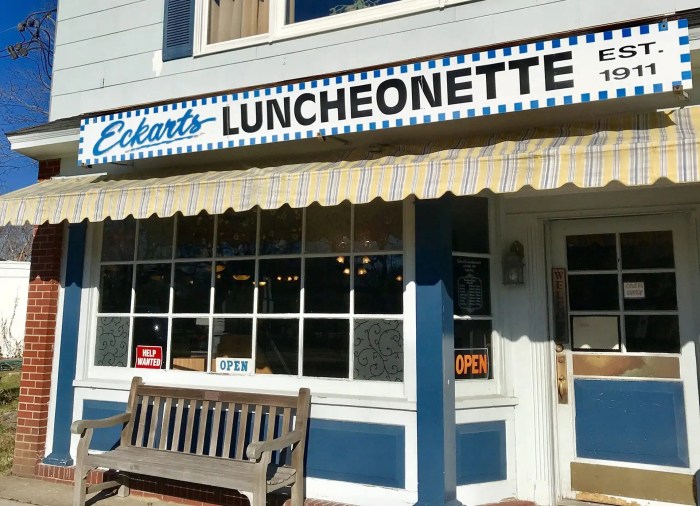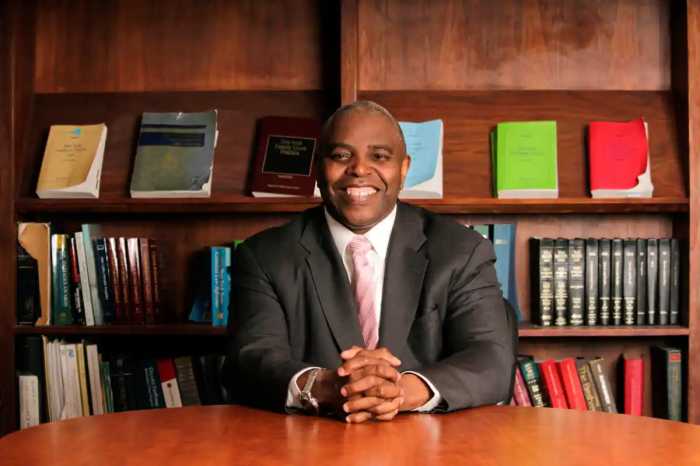In my decades of ministry serving communities across Nassau County and beyond, I have witnessed firsthand how well-meaning policies can sometimes create unintended hardships for the very people they aim to help. Today, as New York debates competing approaches to waste management — the Packaging Reduction and Recycling Infrastructure Act (S.146/A.1749) versus the more balanced Affordable Waste Reduction Act (S.5062/A.6191) — I find myself deeply concerned about choosing the right path forward for the families I serve.
As people of faith, we are called to be stewards of God’s creation. The imperative to care for our environment is not optional — it is a sacred responsibility. Our communities deserve clean air, unpolluted waterways, and sustainable practices that preserve the Earth for future generations. This moral obligation drives my support for meaningful environmental reform.
Yet true stewardship requires us to consider the full scope of our actions. When environmental policies disproportionately burden those already struggling to make ends meet, we must ask ourselves: Are we truly serving justice?
The Packaging Reduction and Recycling Infrastructure Act, while admirable in its environmental goals, risks creating a regressive burden that will hit hardest those who can afford it least. This legislation could increase household costs by more than $600 annually — money that working families in communities like Hempstead, Westbury, and Roosevelt simply do not have.
Read also: OpEd: A smarter recycling policy can protect Black-owned businesses, support sustainability
In my work with families facing housing insecurity, food scarcity, and medical debt, I see daily how even small increases in living costs can push households over the financial edge. When a single mother choosing between groceries and medicine suddenly faces higher prices on everyday necessities, environmental progress becomes meaningless if it comes at the expense of human dignity.
The packaging bill’s approach of requiring manufacturers to redesign product packaging sounds reasonable in theory. However, basic economics tells us these expenses will flow downstream to consumers through higher prices on everything from food to household goods. The bill’s push toward bulk sales may work for suburban communities with large pantries and storage space, but it ignores the reality of urban families living in small apartments who buy what they can afford week to week.
This concern extends beyond individual households to the small businesses that form the backbone of our communities. Many congregation members own corner stores, bodegas, and family restaurants that operate with razor-thin margins. Additional regulatory compliance costs could force closures, eliminating jobs and reducing access to essential services in neighborhoods that can least afford such losses.
Fortunately, there is a better path forward. The Affordable Waste Reduction Act provides a more balanced and practical approach to waste management that protects both our environment and our most vulnerable residents. This legislation ensures that producers take responsibility for waste management through a Producer Responsibility Organization, covering 90% of post-consumer waste costs without forcing municipalities — and taxpayers — to shoulder an unfair financial burden.
Unlike the packaging bill’s one-size-fits-all approach, the Affordable Waste Reduction Act promotes realistic recycling, recovery, reuse, and reduction targets without forcing businesses or consumers into costly and impractical decisions. It recognizes that environmental sustainability must be pursued in a way that uplifts, not punishes, people who are already struggling.
I do not advocate for environmental inaction. Rather, I call for environmental justice — policies that protect both our planet and our people. We need solutions that harness innovation rather than simply shifting costs, that invest in infrastructure rather than penalizing consumption, and that recognize the interconnection between ecological and economic health.
The path forward requires choosing policies that serve both creation care and social justice. We must resist the false choice between protecting our environment and protecting our most vulnerable neighbors. A cleaner, greener New York must be built with equity in mind.
I urge our state legislators to stand with the people who need their support the most and choose the Affordable Waste Reduction Act — a path that protects both our environment and our communities. This is the right decision for New York, and it’s the right decision for the families I serve every day.
Pastor Emmanuel Asse is Global Peace Ambassador for the Institute of Public Policy and Diplomacy Research in New York City.




